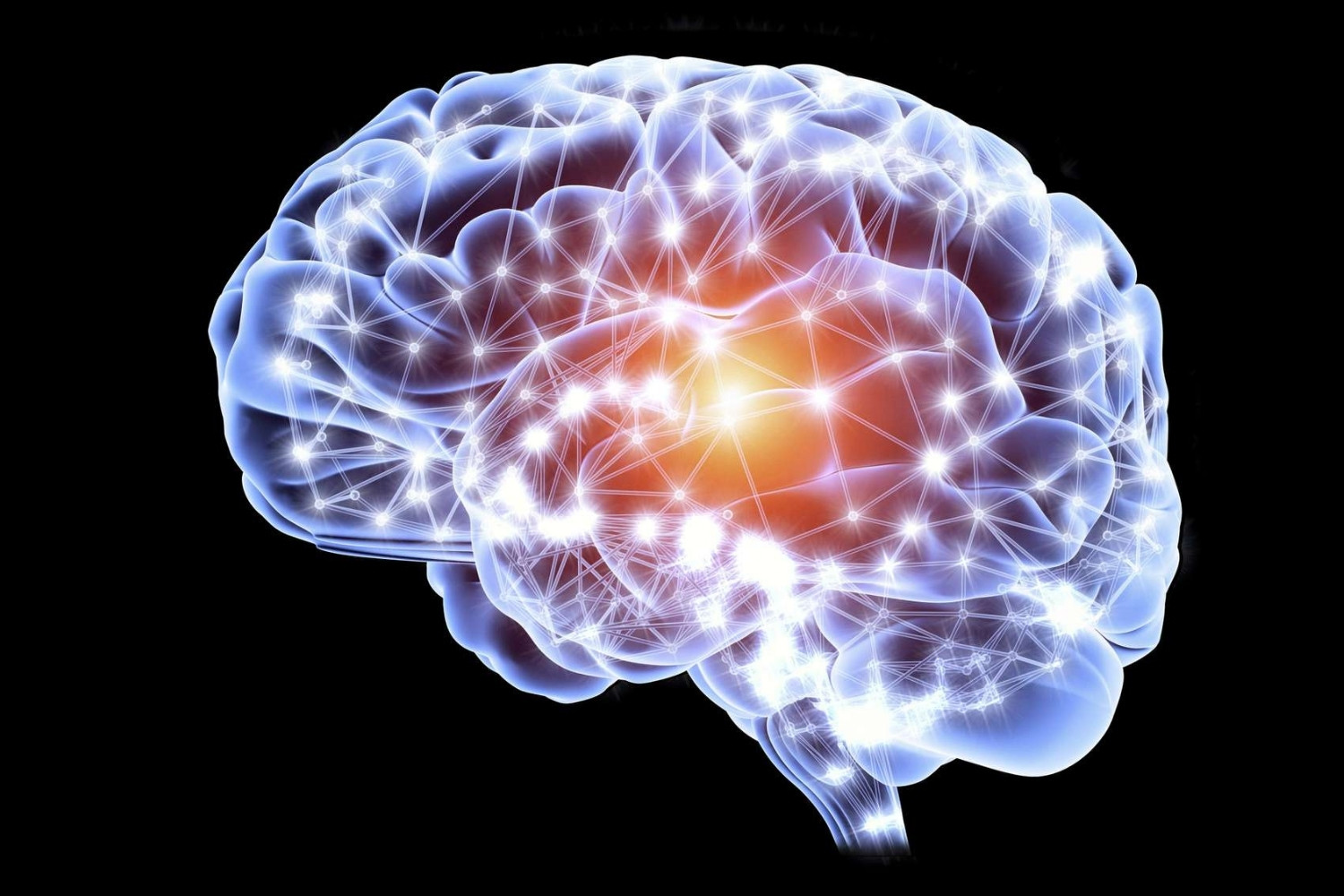
Neurogenesis is the process where new neurons form in the brain. This fascinating phenomenon plays a crucial role in learning, memory, and overall brain health. Did you know that neurogenesis continues throughout your life, not just during childhood? Exercise, a healthy diet, and mental stimulation can boost this process, enhancing cognitive function. On the flip side, stress and poor lifestyle choices can hinder it. Understanding neurogenesis can help you make better choices for your brain's well-being. Ready to dive into 27 intriguing facts about neurogenesis? Let's explore how your brain can keep growing and adapting, no matter your age.
What is Neurogenesis?
Neurogenesis is the process by which new neurons are formed in the brain. This fascinating phenomenon plays a crucial role in brain plasticity, learning, and memory. Here are some intriguing facts about neurogenesis that will blow your mind.
-
Neurogenesis occurs throughout life. Unlike what was once believed, the brain continues to produce new neurons even in adulthood.
-
The hippocampus is a key site. Most adult neurogenesis happens in the hippocampus, a region vital for memory and learning.
-
Exercise boosts neurogenesis. Physical activities, especially aerobic exercises, significantly enhance the production of new neurons.
-
Stress can hinder neurogenesis. Chronic stress releases cortisol, a hormone that can reduce the rate of neurogenesis.
-
Diet influences neurogenesis. Foods rich in omega-3 fatty acids, flavonoids, and antioxidants promote the growth of new neurons.
The Science Behind Neurogenesis
Understanding the mechanisms of neurogenesis helps us appreciate how our brains adapt and change. Here are some scientific insights into this process.
-
Stem cells are the starting point. Neural stem cells in the brain divide and differentiate into various types of neurons and glial cells.
-
BDNF is crucial. Brain-Derived Neurotrophic Factor (BDNF) is a protein that supports the survival of existing neurons and encourages the growth of new ones.
-
Synaptic plasticity is involved. New neurons form connections with existing ones, enhancing the brain's ability to adapt and learn.
-
Neurogenesis is activity-dependent. Engaging in mentally stimulating activities can increase the rate of neurogenesis.
-
Sleep plays a role. Quality sleep is essential for neurogenesis, as many restorative processes occur during sleep.
Neurogenesis and Mental Health
The link between neurogenesis and mental health is profound. Here are some facts that highlight this connection.
-
Depression and neurogenesis. Reduced neurogenesis is often observed in individuals with depression.
-
Antidepressants can help. Many antidepressant medications work by increasing the rate of neurogenesis in the hippocampus.
-
Anxiety and neurogenesis. Anxiety disorders can also negatively impact the production of new neurons.
-
Mindfulness and meditation. Practices like mindfulness and meditation have been shown to promote neurogenesis.
-
Social interactions matter. Positive social interactions can enhance neurogenesis, while social isolation can have the opposite effect.
Factors That Influence Neurogenesis
Various factors can either promote or inhibit neurogenesis. Here are some key influencers.
-
Age affects neurogenesis. While neurogenesis continues throughout life, the rate decreases with age.
-
Genetics play a role. Genetic factors can influence the rate of neurogenesis and the overall health of the brain.
-
Environmental enrichment. A stimulating environment with opportunities for learning and exploration can boost neurogenesis.
-
Alcohol consumption. Excessive alcohol intake can significantly reduce neurogenesis.
-
Nicotine and neurogenesis. Nicotine has been found to inhibit the production of new neurons.
Neurogenesis and Cognitive Function
The relationship between neurogenesis and cognitive function is essential for understanding how we learn and remember. Here are some facts that illustrate this connection.
-
Learning enhances neurogenesis. Engaging in new learning experiences can stimulate the production of new neurons.
-
Memory formation. New neurons in the hippocampus are crucial for forming and retrieving memories.
-
Cognitive decline. Reduced neurogenesis is associated with cognitive decline and neurodegenerative diseases like Alzheimer's.
-
Brain injuries. Neurogenesis can aid in the recovery from brain injuries by replacing damaged neurons.
-
Creativity and problem-solving. Enhanced neurogenesis can improve creativity and problem-solving abilities.
Future of Neurogenesis Research
The study of neurogenesis is a rapidly evolving field with exciting potential. Here are some future directions and possibilities.
-
Stem cell therapy. Research is exploring the use of stem cell therapy to promote neurogenesis in neurodegenerative diseases.
-
Pharmacological interventions. Scientists are developing drugs that can enhance neurogenesis and improve cognitive function.
Neurogenesis is a fascinating and complex process that holds the key to many aspects of brain health and function. Understanding and harnessing this process could lead to breakthroughs in treating mental health disorders, cognitive decline, and brain injuries.
The Power of Neurogenesis
Neurogenesis, the brain's ability to create new neurons, is a game-changer for mental health and cognitive function. Regular exercise, a balanced diet, and mental stimulation can boost this process, leading to improved memory, mood, and overall brain health. Stress and poor sleep can hinder neurogenesis, so managing these factors is crucial.
Understanding neurogenesis opens doors to potential treatments for neurodegenerative diseases like Alzheimer's. It also highlights the importance of lifestyle choices in maintaining brain health. By fostering a brain-friendly environment, you can enhance your cognitive abilities and protect against mental decline.
Embrace activities that stimulate your brain, stay physically active, and prioritize good sleep. These simple steps can make a significant difference in your brain's ability to generate new neurons, keeping your mind sharp and resilient.
Was this page helpful?
Our commitment to delivering trustworthy and engaging content is at the heart of what we do. Each fact on our site is contributed by real users like you, bringing a wealth of diverse insights and information. To ensure the highest standards of accuracy and reliability, our dedicated editors meticulously review each submission. This process guarantees that the facts we share are not only fascinating but also credible. Trust in our commitment to quality and authenticity as you explore and learn with us.
